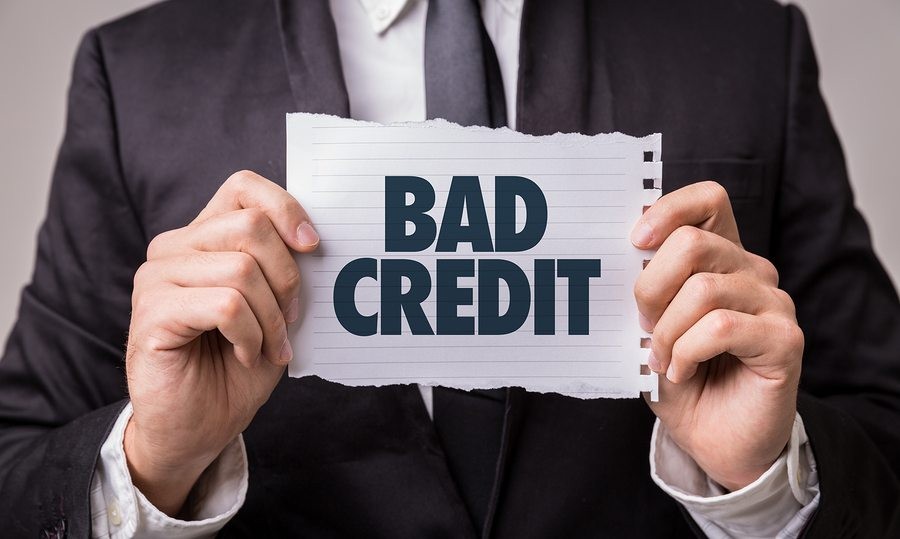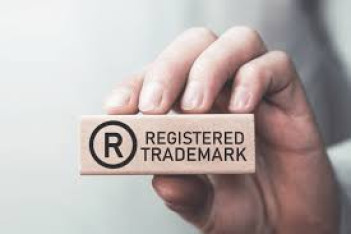Understanding Credit Law and Its Impact on Rebuilding Credit After Hardship
Credit law plays a crucial role in shaping the financial lives of individuals, especially those who have experienced financial hardship. Bad credit does not have to be a permanent state, and knowing the legal framework surrounding credit can empower you to rebuild your financial standing effectively. In this comprehensive article, we will explore the fundamental principles of credit law, the steps to rebuild credit after facing difficulties, and practical strategies to regain financial stability with confidence.
What Is Credit Law?
Credit law encompasses the statutes, regulations, and legal precedents that govern how credit is extended, managed, and reported. It is designed to protect both consumers and lenders by establishing fair practices in credit transactions. Key pieces of legislation include the Fair Credit Reporting Act (FCRA), the Fair Debt Collection Practices Act (FDCPA), and the Equal Credit Opportunity Act (ECOA), among others. These laws ensure transparency, accuracy, and fairness in credit reporting and debt collection processes.
The Consequences of Hardship on Credit
Financial hardship, such as unemployment, medical emergencies, or unexpected personal crises, can severely impact an individual’s credit score and overall credit profile. Missed payments, defaulted loans, and increased debt levels are common consequences that lead to bad credit. However, it is important to understand that hardship-related credit damage is not permanent if handled properly and proactively.
Initial Steps to Rebuild Credit After Hardship
Rebuilding credit begins with assessing your current financial situation and taking deliberate, strategic steps to improve your creditworthiness. Here are the foundational actions you can take:
- Assess Your Credit Report: Obtain your credit reports from all three major credit bureaus – Experian, TransUnion, and Equifax. Review them carefully to identify any inaccuracies or outdated information that may be unfairly lowering your score.
- Dispute Errors: Under the Fair Credit Reporting Act, you have the right to dispute any information on your credit report that is inaccurate or unverifiable. Prompt disputes can lead to corrections that positively affect your credit score.
- Pay Down Small Debts: Tackling smaller debts first can provide a psychological and financial boost. Paying off these accounts in full can help reduce your overall debt-to-credit ratio and improve credit utilization.
- Use Secured Credit Cards: These cards require a security deposit and are a valuable tool for those recovering from bad credit, as they allow you to build positive payment history while minimizing risk to the lender.
- Maintain Consistency: Making consistent, on-time payments is vital. Each payment demonstrates reliability and helps rebuild trust with creditors.
Importance of Consistency in Credit Rebuilding
Consistency is often the most overlooked component in credit repair. Creditors and credit bureaus value steady positive financial behavior over time. By reliably paying bills on time and reducing outstanding balances, your credit profile gradually heals. Even if progress seems slow initially, maintaining good habits establishes patterns that credit scoring models recognize and reward.
Additional Strategies to Strengthen Your Credit
- Diversify Credit Types: Having a mix of credit accounts, such as installment loans and revolving credit, can enhance your credit profile when managed responsibly.
- Limit New Credit Applications: Each credit inquiry can negatively impact your score. Apply for new credit sparingly and only when necessary.
- Negotiate with Creditors: Contact your creditors to potentially negotiate payment plans or settlements that can lessen the burden and avoid further negative reporting.
- Seek Professional Legal Help: Consulting with a qualified credit law attorney can provide personalized strategies tailored to your financial situation, ensuring your rights are protected throughout the rebuilding process.
How Credit Repair Services Interact with Credit Law
Credit repair companies operate within the legal framework established by credit law. They assist consumers in identifying errors, disputing inaccuracies, and communicating with credit bureaus and creditors. When choosing a credit repair service, it is vital to confirm that they comply fully with laws such as the Credit Repair Organizations Act (CROA) to avoid scams and unethical practices.
Addressing Common Challenges in Credit Rebuilding
Rebuilding credit is not without obstacles, especially for those emerging from financial adversity. Common challenges include dealing with medical debt, managing collections, and overcoming low credit scores that limit borrowing options. Educating yourself about your credit rights, establishing a budget, and seeking support through credit counseling can help mitigate these challenges effectively.
Legal Rights of Consumers Regarding Credit
Understanding your rights under credit law empowers you to protect yourself against unfair practices. The Fair Debt Collection Practices Act restricts certain behaviors by debt collectors, while the Equal Credit Opportunity Act prohibits discrimination. Being informed enables you to respond promptly to violations and safeguard your credit reputation.
Role of Communication in Credit Law and Rebuilding
Maintaining open and documented communication with creditors, credit bureaus, and legal advisors is a cornerstone of successful credit rebuilding. Proper communication can facilitate dispute resolutions, clarify misunderstandings, and negotiate favorable terms, all of which contribute toward improved credit health.
Seeking Professional Legal Help
If you find yourself overwhelmed by credit challenges or uncertain about your legal rights, reaching out to a credit law professional is advisable. Expert legal counsel can navigate complex regulations, protect your interests, and design a personalized plan to restore your credit standing efficiently. Our firm, Legal Marketplace CONSULTANT, offers comprehensive credit law support to guide you toward financial freedom.
Summary of Key Steps to Rebuild Credit After Hardship
- Obtain and review all credit reports for accuracy.
- Dispute any errors or outdated information legally.
- Focus on paying off small debts to reduce overall liability.
- Use secured credit cards responsibly to re-establish credit lines.
- Demonstrate consistency with on-time payments and responsible credit use.
- Limit new credit inquiries to avoid additional negative impact.
- Negotiate payment plans or settlements when necessary.
- Seek professional legal assistance to ensure protection and optimal strategies.
- Understand your rights under credit law.
- Maintain clear and documented communication with creditors.
- Diversify credit responsibly once initial repairs are underway.
- Stay committed to long-term financial habits that promote credit health.
Rebuilding credit after financial hardship requires a strategic and informed approach grounded in a clear understanding of credit law. With diligent effort, timely actions, and possibly legal guidance, bad credit does not have to be permanent. Every on-time payment, every debt paid off, and every dispute resolved is a step toward restoring your financial reputation and achieving greater financial freedom. Our team at Legal Marketplace CONSULTANT is here to support you throughout this journey. If you need professional help or legal advice regarding credit law, do not hesitate to reach out through our contact channels or send a private message for personalized assistance.
Legal Marketplace CONSULTANT is a legal company specializing in full and comprehensive legal support for businesses and individuals. Our expertise is based primarily on a specialized team including attorneys, legal advisors, tax consultants, auditors, and accountants. We are committed to providing tailored legal solutions in credit law and financial matters to help clients regain financial stability and security.































